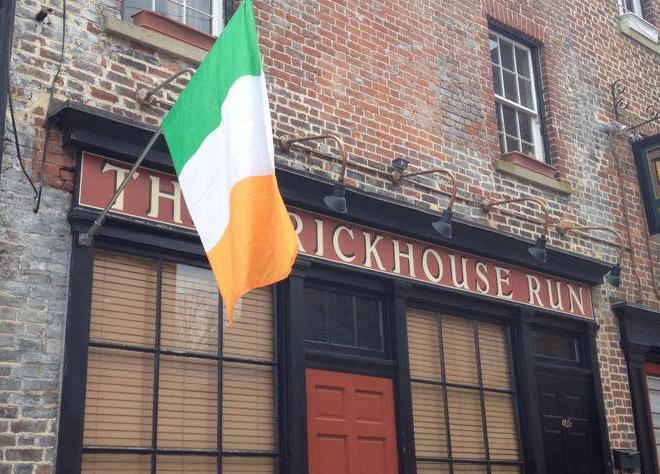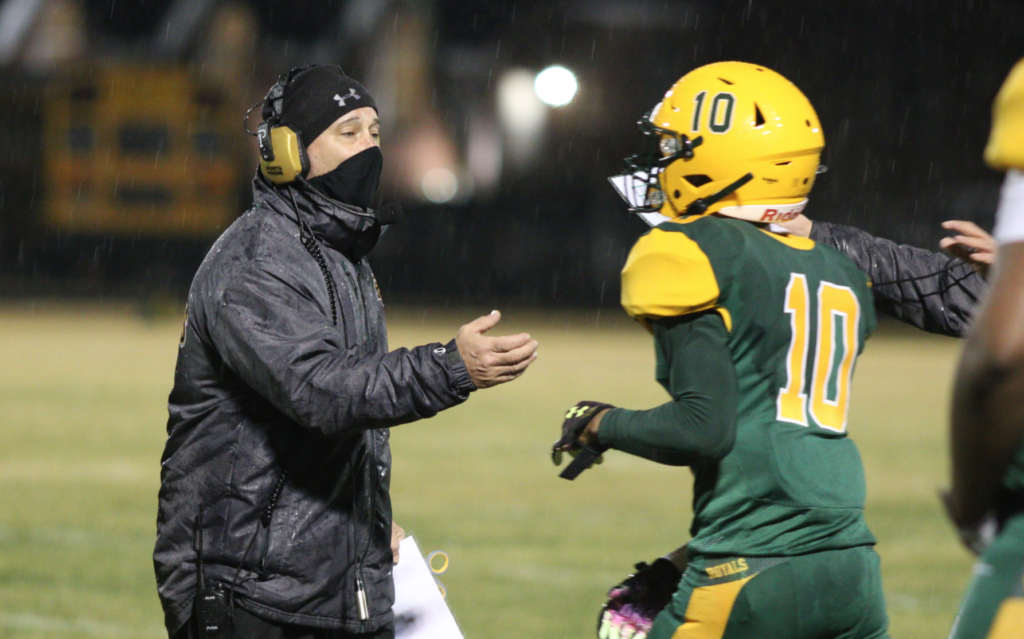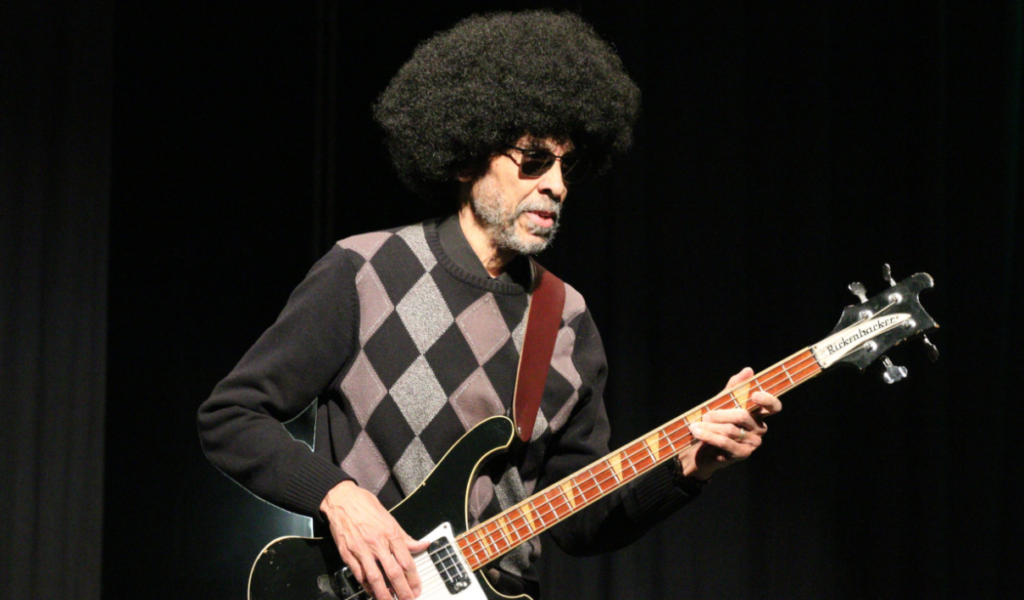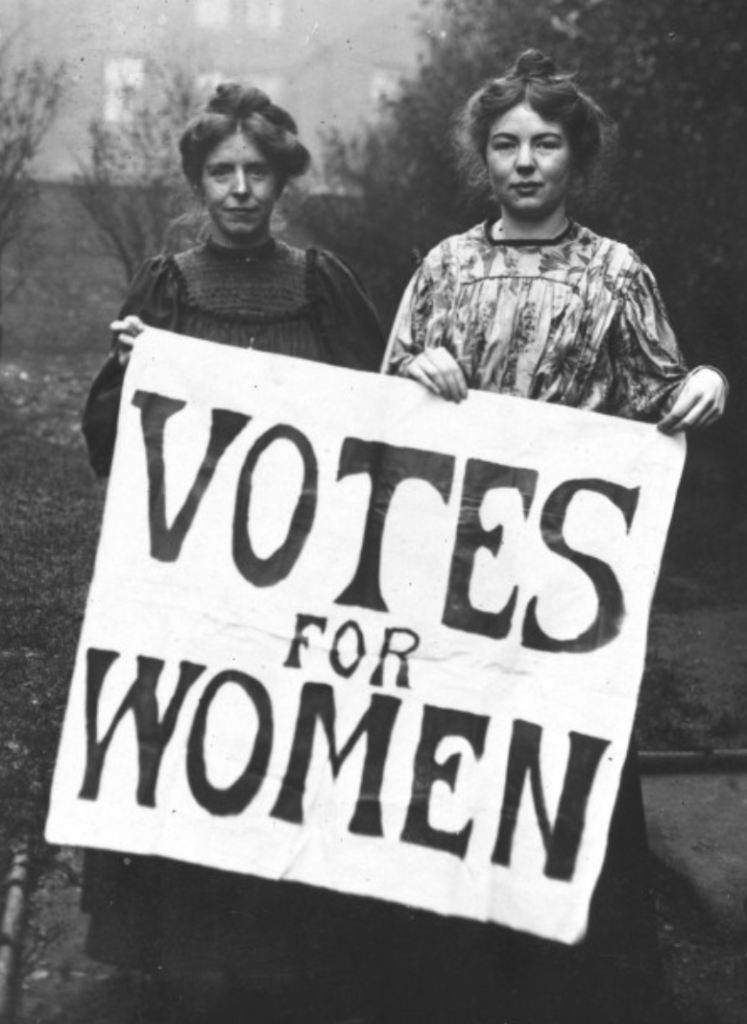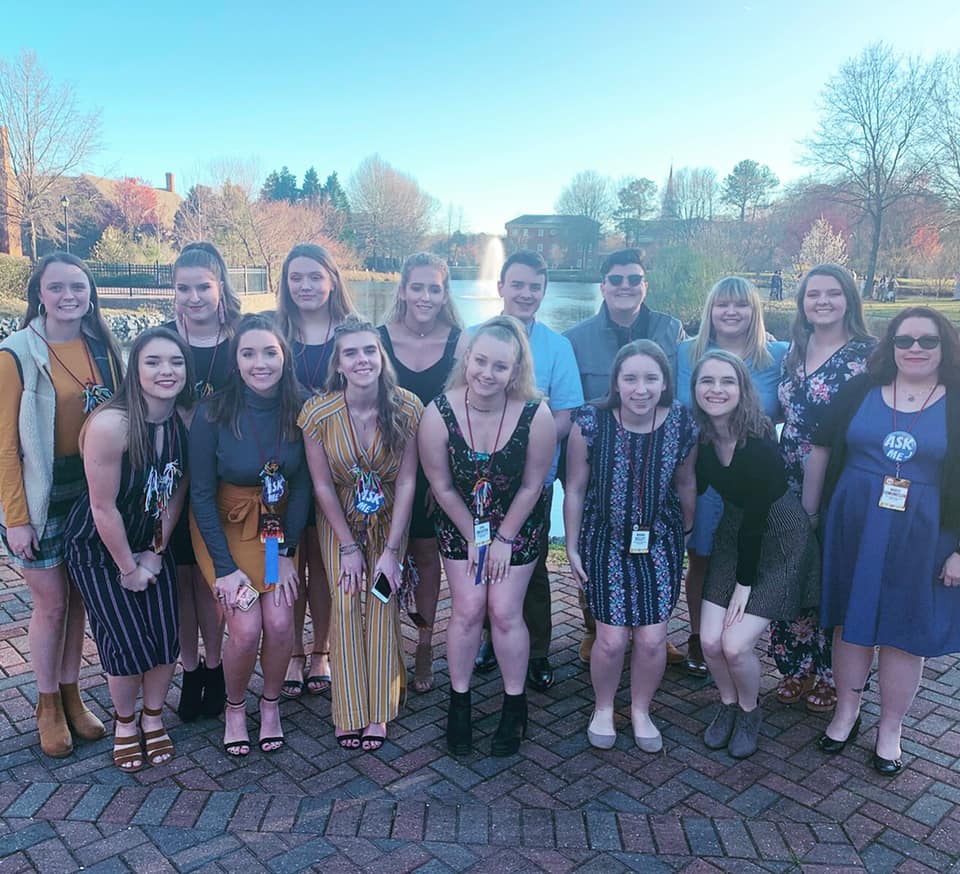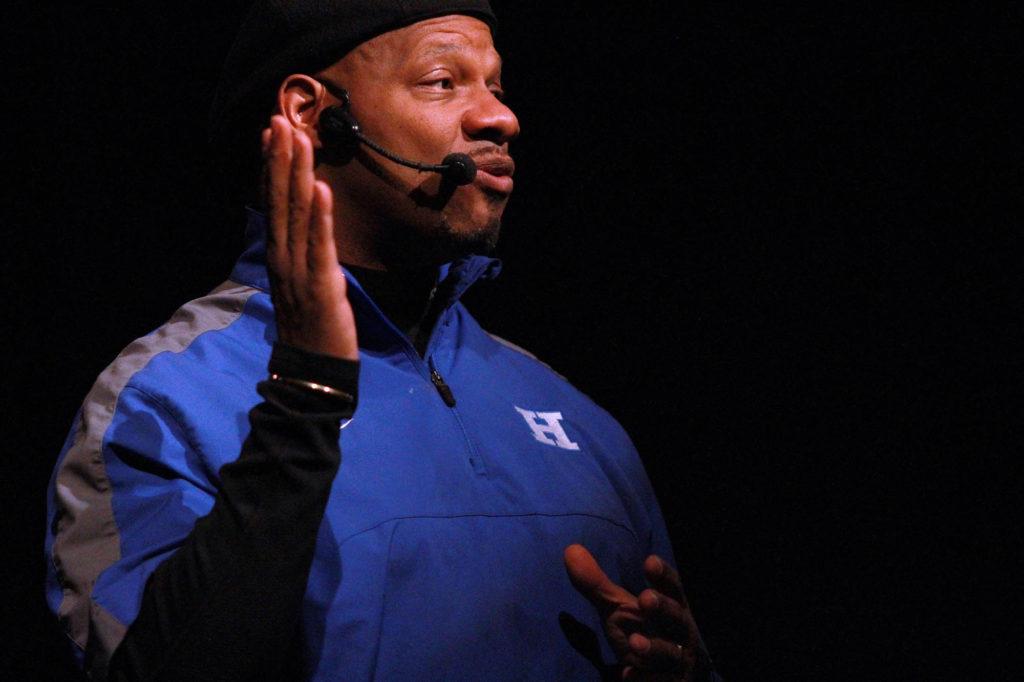Defined by its electric instruments, loud sound, and most importantly its infectious rhythm, rock and roll was born.
In the early 50s, this genre was developed as a type of dance music, called rock and roll. It was created from many different previous genres of music, like blue, jazz, rhythm and blues, blues, country, and folk music. It set the stage and tone for music for decades thereafter, spawning a web of subgenres and influence by artists both black and white.
“Yes, rhythm and blues appears to be the foundation of rock and roll,” said Director of Gifted, Title I, and MYP Willie Elliot. “You have Chuck Berry, the ‘Father of Rock and Roll’ and Elvis. Other contributors include Fats Domino, Nat King Cole, Little Richard, Jimi Hendrix, The Beatles, and The Rolling Stones. The list goes on and on.”
African Americans were a critical part of the foundation, development and continuation of this genre, and yet, they did not always get the credit that they deserve in reference to this. Chuck Berry, Little Richard, later Jimi Hendrix, In Living Color and Tina Turner are just some examples of African American rock and roll musicians.
“The roots of rock and roll are definitely in African American music,” said Virginia Tech Professor Hermon Maclin. “Back in the day, there was Chuck Berry and Little Richard, folks like that were some of the pioneers of that sound, the guitar sound, and then you know, passed it onto the other groups that were significant in that rock and roll era.”
Or perhaps they are simply just not well known enough for their status, which could in part, be due to racism.
“Rock and roll was developing in a time when our county was struggling with Civil Right coupled with rock and roll being perceived as controversial as it pushed newfound rhythmic energy, lyrics, stage performances,” Elliot said. “These attributes sometimes pushed the norms and were considered provocative by some. The younger generations were more accepting causing distance between the adults who were not ready to accept the style. I believe this contributed to the feeling that Black America was overlooked, and delegitimize the value of the music.”
The record companies of this white, mainstream music industry could also be to blame.
“So lots of times the ideas were the ideas that African Americans came up with and the songs that they wrote, but ended up being made very popular by the white artists because the record company refused to put them out with the black artists singing them,” Maclin said.
There is also the other side of the coin, that African American artists are victims to the other artists that may have been more accepted by the mainstream.
“As rock and roll began to get “traction” I think the perception that Elvis was the creator of rock and roll developed,” Elliot said. “Elvis is rightfully recognized for his contribution in providing rock and roll the push that it needed. Jet Magazine in 1957 quoted Elvis as saying, ‘A lot of people seem to think I started this business, but rock “n” roll was here a long time before I came along. Nobody can sing that kind of music like colored people. Let’s face it; I can’t sing it like Fats Domino can. I know that. But I always liked that kind of music.’”
While they may have been stifled by the time they were born in, they were not victims. Not in the slightest. These people were able to connect, to engage even in such a dark place in America. And in the end, music brought them together.
“I mean you look out at the audience and there’s a sea of people out there, all different cultures, backgrounds, ages, and they are all out there in harmony. The music definitely brings everybody together,” Maclin said. “…it crosses cultures not only to the people that listen but the people that play it. Sly and the Family Stone was one of the groups that had black, white, and hispanic folks in the same band. A lot of bands where they have people some of everywhere.”
The Blues’ and by default, rock and roll’s woeful existence tells a story of struggles and experiences portrayed in the music. It is unequivocally a part of African American history and culture.
“It felt like you had to go through some hard times to really be able to genuinely sing this kind of music. So it’s a thing where you know, it’s a part of our culture, it’s a part of our experience, it’s a way that we have expressed our experience through music,” Maclin said.
And it’s these struggles that make this music timeless and also relatable. Relatable to not just one set of people, or one race but to the masses. And in this way, it trangresses race.
“If one deepens his/her research, they will find that musicians are usually the first to blur the lines of division and join in collaborative efforts to promote unity,” Elliot said. “It is the catalyst in finding commonality in people from all walks of life. While it is important to recognize and appreciate that a genre of music can originate from a particular culture and acknowledge it historically, it is just as important to consider it a gift to all.”
Music is a gift to all. But not such a gift that should have forgotten it’s giver. Whether it is the African American influence on rock and roll or American music as a whole.
“I think it’s time that African Americans got their dues,” Maclin said. “Most of them are already gone now, so they kind of are getting their flowers after they’ve left. That is something that you know. It gives the young kids some pride or some feeling that you know if they can create something too because if you erase all evidence of the great contributions of somebody who looks like them or looks like us then you know well it feels like we haven’t done anything and so we probably wont do anything.”



